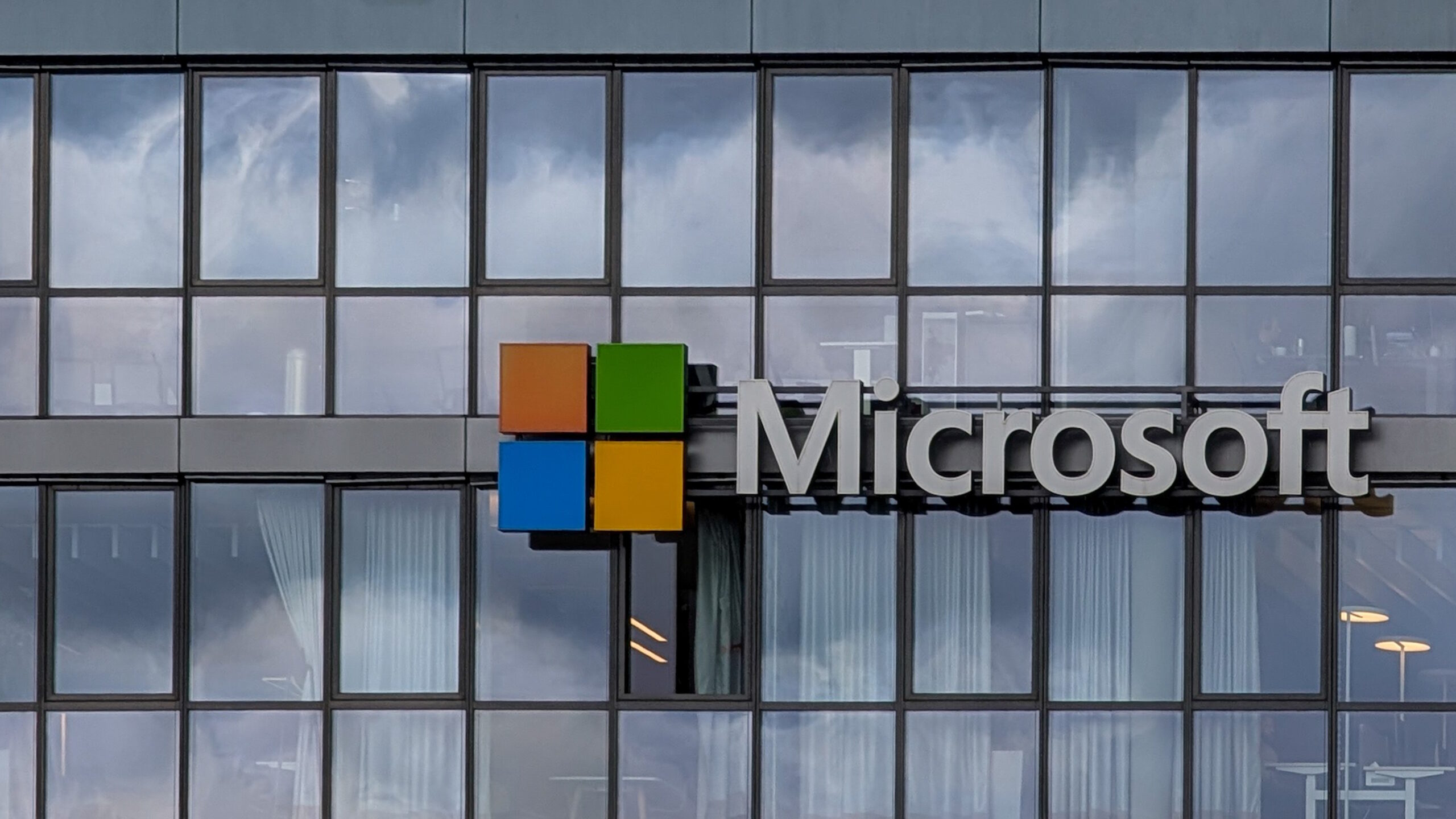Microsoft blocks Isr…

Microsoft president Brad Smith says the company has “ceased and disabled” access to some of the services being used by the Israeli military following a review of allegations made by a Guardian investigative report in August.
“We have reviewed The Guardian’s allegations based on two principles, both grounded in Microsoft’s longstanding protection of privacy as a fundamental right,” Smith said in a statement released today.
“First, we do not provide technology to facilitate mass surveillance of civilians. We have applied this principle in every country around the world, and we have insisted on it repeatedly for more than two decades. This is why we explained publicly on August 15 that Microsoft’s standard terms of service prohibit the use of our technology for mass surveillance of civilians.
“Second, we respect and protect the privacy rights of our customers. This means, among other things, that we do not access our customers’ content in this type of investigation.”
Despite earlier reviews that found nothing untoward in Microsoft’s dealings with the Israeli military, Smith said this investigation has “found evidence that supports elements of The Guardian’s reporting,” relating to IMOD [Israel Ministry of Defense] use of Azure storage and Microsoft AI services.
“We therefore have informed IMOD of Microsoft’s decision to cease and disable specified IMOD subscriptions and their services, including their use of specific cloud storage and AI services and technologies,” Smith wrote. “We have reviewed this decision with IMOD and the steps we are taking to ensure compliance with our terms of service, focused on ensuring our services are not used for mass surveillance of civilians.”
Pushback against Microsoft’s work with the Israeli military has stiffened notably over the past year, from individual employee protests to shareholder discontent and campus occupations, as Israel’s ongoing genocide in Gaza, as it has been described by a recent UN inquiry and numerous other experts and global bodies, has left tens of thousands dead and shows no sign of stopping. The BDS movement has also called for a boycott of Microsoft products including Xbox, Game Pass, and Microsoft-published games.
In May, Microsoft issued a statement essentially clearing itself of wrongdoing, saying internal and external reviews “found no evidence that Microsoft’s Azure and AI technologies, or any of our other software, have been used to harm people or that IMOD has failed to comply with our terms of service or our AI Code of Conduct.”
In August, however, The Guardian published a report alleging that Microsoft services were being used to store a vast amount of surveillance data, including millions of text messages and phone calls intercepted in Gaza and the West Bank, which had been used to blackmail and jail Palestinians in the West Bank, and aid in the selection of bombing targets in Gaza. The report also claimed that Microsoft engineers worked closely with Unit 8200, an Israeli military surveillance agency, to build the infrastructure being used by IMOD.
Smith expressed appreciation for that Guardian’s report, which he said was “based in part on sources outside Microsoft that had information we could not access in light of our customer privacy commitments.”
Microsoft’s pullback from the Israeli military comes as the world at large is finally beginning to show signs of turning against Israel’s slaughter in Gaza. Western nations including the UK, Australia, Canada, and France formally recognized the state of Palestine this month, and both Spain and Italy have dispatched warships to protect a Gaza aid flotilla that was targeted by a drone attack.
Smith said Microsoft’s review is ongoing, and he will share more information “when it’s appropriate to do so.”
“Microsoft will continue to be a company guided by principles and ethics,” Smith wrote. “We will hold every decision, statement, and action to this standard. This is non-negotiable.” Hopefully The Guardian will continue with its journalism as well.




